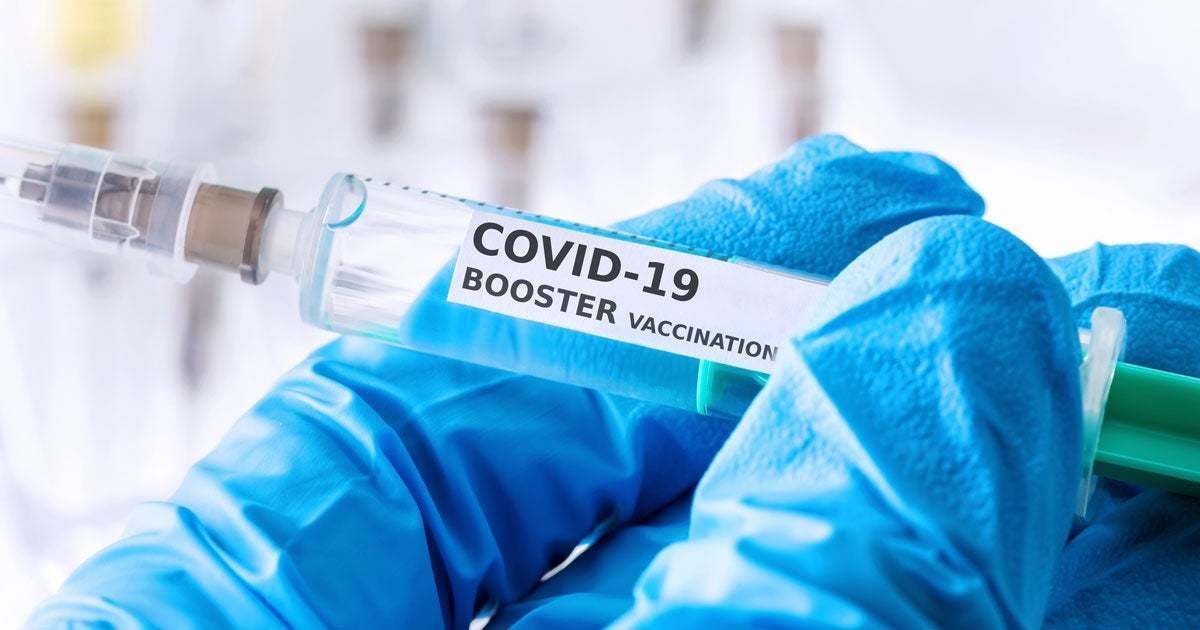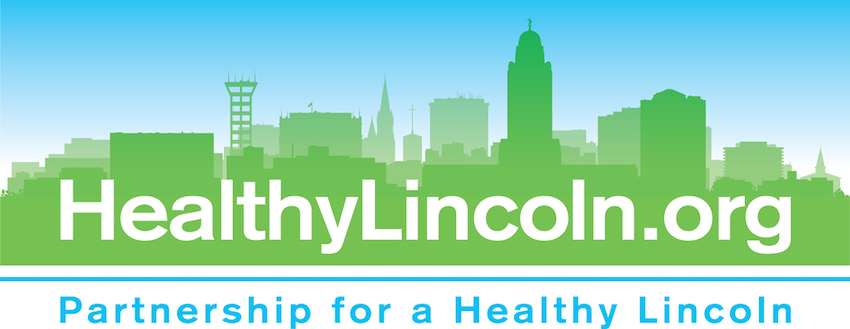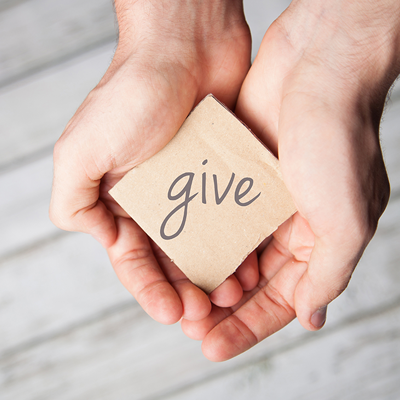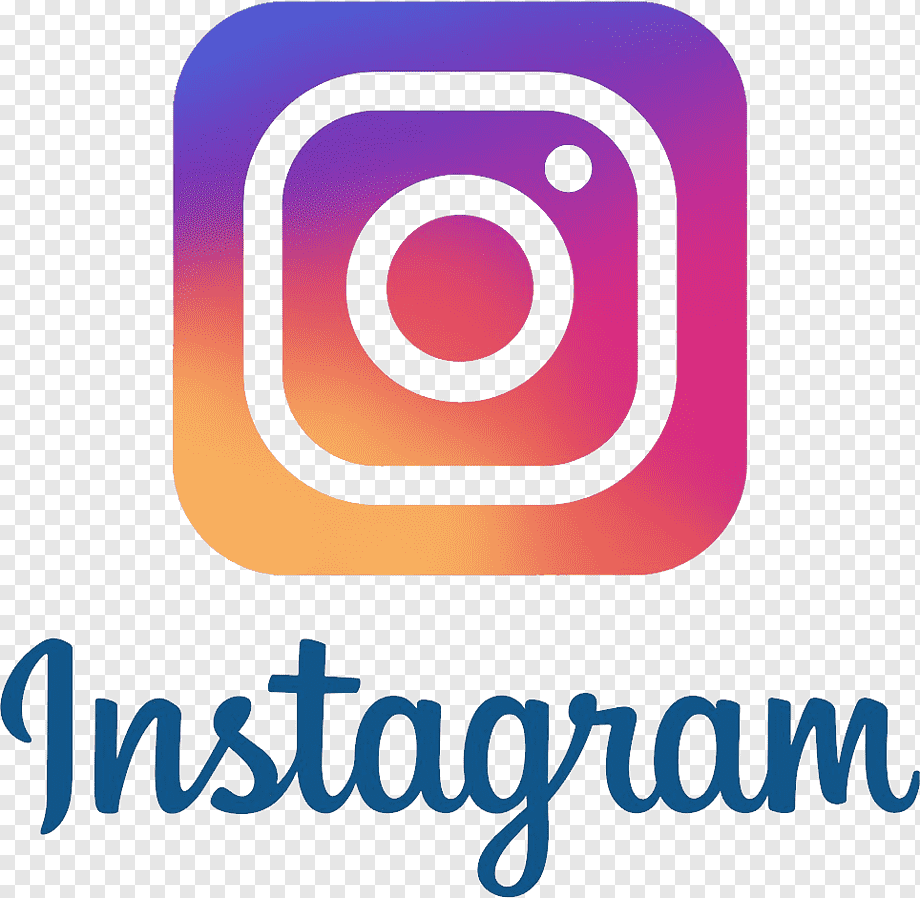
COVID 19 Vaccine Booster Shots - Frequently Asked Questions
Why should I get a "booster"?
Vaccine effectiveness decreases over time. Boosters helps people maintain strong protection from severe illness from COVID. Boosters strengthen the antibody response—but equally important, they broaden the ability of the immune response to recognize more variants. As of April 2023, the monovalent boosters are no long available, because the newer bivalent boosters target both the initial strain (Delta) of the virus and the new strains (Omicron variants). Bivalent booster vaccines were 37% more effective than older monovalent booster shots at reducing the risk of severe COVID-19. The increased protection against hospitalization or death was seen regardless of age or whether people had previously received a different booster.
Are the COVID booster shots safe?
FDA and CDC determined the original monovalent booster shots were safe and effective, based on the latest data and evidence, after a thorough, independent, and transparent review process. Bivalent boosters were approved based on data showing they were safe and more effective against Omicron strains.
Who should get a booster?
- Most individuals, depending on age, previously vaccinated with a original monovalent COVID-19 vaccine who have not yet received a dose of a bivalent vaccine may receive a single dose of a bivalent vaccine.
- Most individuals who have already received a single dose of the bivalent vaccine are not currently eligible for another dose. Decisions about future vaccination are pending recommendations on the fall strain composition.
- Individuals 65 years of age and older who have received a single dose of a bivalent vaccine may receive one additional dose at least four months following their initial bivalent dose.
- Most individuals with certain kinds of immunocompromise who have received a bivalent COVID-19 vaccine may receive a single additional dose of a bivalent COVID-19 vaccine at least 2 months following a dose of a bivalent COVID-19 vaccine, and additional doses may be administered at the discretion of, and at intervals determined by, their healthcare provider. However, for immunocompromised children 6 months through 4 years of age, eligibility for additional doses will depend on the vaccine previously received.
- Most unvaccinated individuals may receive a single dose of a bivalent vaccine, rather than multiple doses of the original monovalent mRNA vaccines.
- Children 6 months through 5 years of age who are unvaccinated may receive a two-dose series of the Moderna bivalent vaccine (6 months through 5 years of age) OR a three-dose series of the Pfizer-BioNTech bivalent vaccine (6 months through 4 years of age).
- Children who are 5 years of age may receive two doses of the Moderna bivalent vaccine or a single dose of the Pfizer-BioNTech bivalent vaccine.
- Children 6 months through 5 years of age who have received one, two or three doses of a monovalent COVID-19 vaccine may receive a bivalent vaccine, but the number of doses that they receive will depend on the vaccine and their vaccination history.
The emergence of the Omicron variant and subvariants underscores the importance of vaccination, boosters, and preventive efforts to protect against COVID-19. COVID-19 vaccines continue to be highly effective in reducing risk of severe disease, hospitalization, and death.
Where can I get a booster?
For vaccination sites closest to you, check vaccines.gov. This free resource provides accurate and up-to-date information about vaccination services in your area. You can also text your zip code to 438829, or call 1-800-232-0233 to find locations near you in the U.S. Children who have completed their primary series can receive the bivalent booster from their pediatrician.
In Lincoln, the Lincoln Lancaster County Health Department (LLCHD) will continue to offer COVID-19 vaccinations onsite at the Health Department, 3131 “O” St. while supplies last. Appointments can be scheduled online at covid19.lincoln.ne.gov or by calling 402-441-4200. Walk-ins are also welcome Monday through Friday from 8 a.m. to 4 p.m. The vaccines may also be available by appointment or walk-in, at HyVee, WalMart, Sam's Club, Costco, and CVS pharmacies. Vaccines may also be are available at Rely Care pharmacies with appointment. Nebraskans can visit any available pharmacy regardless of jurisdiction. Outside Lancaster County, vaccines may be available through your local health department.
If I got vaccinated and then got COVID, do I need a "booster"?
While you gain some extra immunity from having COVID, evidence shows that a bivalent booster will provide the added protection needed to reduce the risk of re-infection and protect against severe illness, hospitalization and death.
Can I still get COVID even if I get a booster? If so, why should I get one?
A booster gets you back on your feet faster and will keep an otherwise healthy person out of the hospital. If you are boosted and exposed to COVID 19, it will take 4 - 5 days for your immune system to fully kick in. The Omicron variant has a shorter incubation period than other variants and can make you sick in as little as 2 - 3 days. This means that if you catch Omicron, you might only be sick for a day or two before your immune system fights it off. Without a booster you could be sick for much longer and even become seriously ill.
If I've had a monovalent booster, do I need another booster?
The bivalent formula boosts immunity against the original coronavirus strain and also protects against the newer Omicron variants that account for most of the current cases. Both Pfizer-BioNTech and Moderna have a bivalent booster that protects against the original COVID-19 strain and the highly contagious omicron variant. Getting a bivalent COVID booster provides better protection against the latest Omicron virus and its variants, lowering your risk of serious illness, hospitalization, and death.
What are COVID booster side effects?
After getting vaccinated for COVID-19, you might experience some temporary symptoms similar to those you might notice when you get a flu shot, such as a sore, swollen arm where you got the shot. You might run a fever and experience body aches, headaches and tiredness for a day or two. Chills, swollen lymph nodes can also occur. These symptoms do not mean you are sick. They signal that your immune system is responding to the shots and building up protection against the coronavirus.
Will booster shots be the same formulation as existing vaccines?
The updated booster dose is a "bivalent" formula that both boosts immunity against the original coronavirus strain and also protects against the newer Omicron variants that account for most of the current cases. The new bivalent booster replaces the existing monovalent vaccine booster.
Can people mix and match vaccine brands for their booster shot?
Eligible individuals may choose which bivalent vaccine (Pfizer or Moderna) they receive as a booster dose. Some people may have a preference for the vaccine type that they originally received and others, may prefer to get a different booster. CDC’s recommendations now allow for this type of mix and match dosing for booster shots. If you have lost your CDC COVID-19 Vaccination Record card or don’t have a copy, contact your vaccination provider directly to access your vaccination record.
Will the booster shot also be free?
Even though the federal and local public health emergency declarations for COVID-19 end on May 11, 2023, the vaccines will be available to everyone at no cost for all people living in the United States, regardless of insurance or immigration status while there is still a national stockpile of vaccine. In the summer or early fall of 2023, the cost of COVID vaccinations is expected to be transitioned to coverage by traditional health care insurance, Medicare, or Medicaid. However, the Lincoln-Lancaster County Health Department (LLCHD) will continue to provide COVID-19 vaccines, testing, treatment and numerous other resources for free to the community through emergency funding until the fund is expended.
Where can I get a booster?
For vaccination sites closest to you, check vaccines.gov. This free resource provides accurate and up-to-date information about vaccination services in your area. You can also text your zip code to 438829, or call 1-800-232-0233 to find locations near you in the U.S. Children who have completed their primary series can receive the bivalent booster from their pediatrician.
In Lincoln, the Lincoln Lancaster County Health Department (LLCHD) will continue to offer COVID-19 vaccinations onsite at the Health Department, 3131 “O” St. while supplies last. Appointments can be scheduled online at covid19.lincoln.ne.gov or by calling 402-441-4200. Walk-ins are also welcome Monday through Friday from 8 a.m. to 4 p.m. The vaccines may also be available by appointment or walk-in, at HyVee, WalMart, Sam's Club, Costco, and CVS pharmacies. Vaccines may also be are available at Rely Care pharmacies with appointment. Nebraskans can visit any available pharmacy regardless of jurisdiction. Outside Lancaster County, vaccines may be available through your local health department.
Will providers accept anyone who says they’re eligible to receive a booster shot? Will people need to show a doctor’s note/prescription or other documentation?
Individuals can self-report that they are eligible and receive a booster shot wherever vaccines are offered. This will help ensure there are not additional barriers to access for this vulnerable population receiving their booster shot.
Does this change the definition of “fully vaccinated” for those eligible for booster shots?
Currently, individuals are considered fully vaccinated after receiving the bivalent vaccine.
How long will the protection from a booster last?
There are no real clear definitive answers, and scientists are learning more everyday. During December of 2021, unvaccinated adults ages 18 through 49 were 30 times more likely to be hospitalized than their boosted peers, federal data show. Looking at the 65-plus age group, the difference shoots up to 51 times more likely. What’s more, the risk of dying from COVID-19 during January 2022 was 41 times higher for unvaccinated adults than for those with the original booster shot.
The original monovalent booster provided a considerably higher level of protection against hospitalization than provided by two standard doses of an mRNA vaccine, which fell to about 54% roughly five months after vaccination. Recent studies show the bivalent vaccine is 37% more effective at preventing severe COVID-19 than the original boosters.
Will more people need to get additional boosters?
Everyone who has not received the bivalent vaccine should get one. Individuals 65 years of age and older who have received a single dose of a bivalent vaccine may receive one additional dose at least four months following their initial bivalent dose.
Most individuals with certain kinds of immunocompromise who have received a bivalent COVID-19 vaccine may receive a single additional dose of a bivalent COVID-19 vaccine at least 2 months following a dose of a bivalent COVID-19 vaccine, and additional doses may be administered at the discretion of, and at intervals determined by, their healthcare provider. However, for immunocompromised individuals 6 months through 4 years of age, eligibility for additional doses will depend on the vaccine previously received.
Booster doses are common for many vaccines. The scientists and medical experts who developed the COVID-19 vaccines will continue to watch for signs of waning immunity, how well the vaccines protect against new mutations of the virus, and how that data differ across age groups and risk factors. To date, booster doses have been effective in boosting immunity against new variants of COVID-19 and extending protection of the vaccine against serious illness.
Is it safe to co-administer COVID-19 vaccines with other vaccines, like flu?
Yes, if a patient is eligible, both flu and COVID-19 vaccines can be administered at the same visit, as recommended by CDC and ACIP. In addition to flu vaccine, COVID-19 vaccine can be given with other vaccines as well.
If I have been vaccinated and boosted, do I still need to wear a mask?
If you are a healthy individual and you live in an area with a low transmission rate, you are less likely to need to continue masking. Wearing a KF94, N95 or KN95 mask is still recommended if you are immunocompromised, work in a high risk setting, live with someone who is high risk, or living in an area with a high transmission rate of infection.







